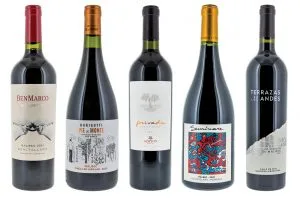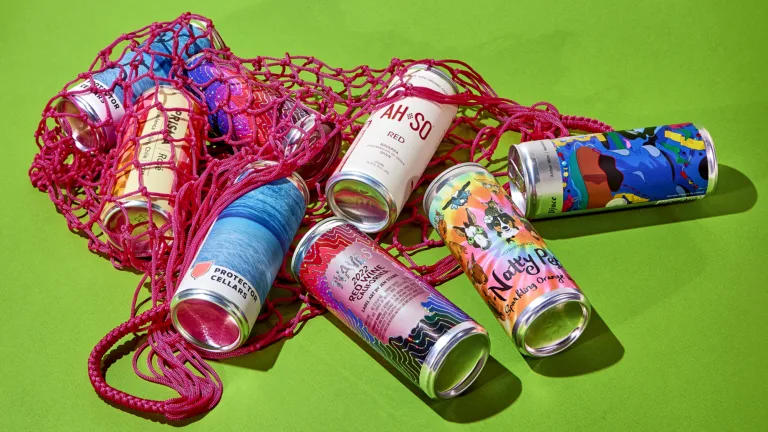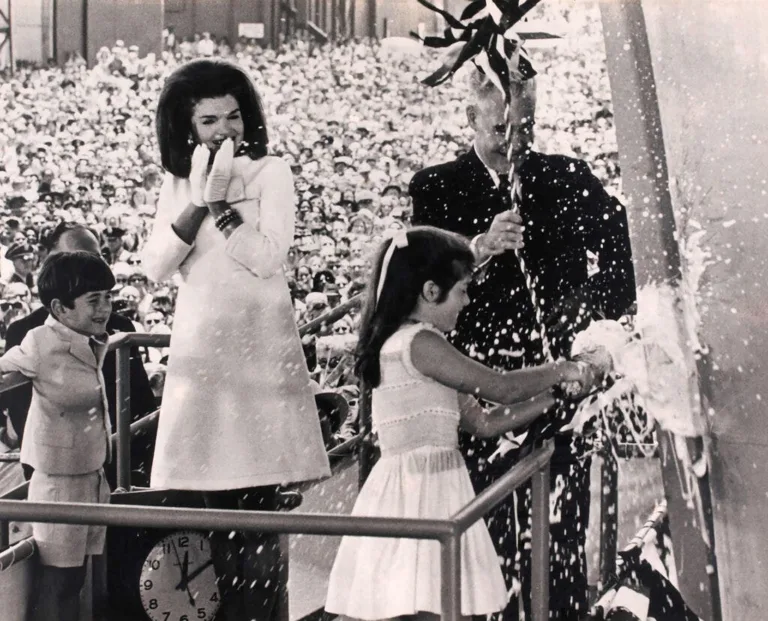We’ve followed the grapevine from the Fertile Crescent to the hills of Chianti, Italy’s first fine-wine region. But given Italy’s particular economic and political climate, the grapevine’s rise to prominence here was not as cut and dry as its path in France.
There was the royalty, the aristocracy, and the merchant classes, and each relied on sharecroppers for their agricultural needs. Grapes grew alongside grains, olives, and other vegetables, leaving innovation within viticulture at a standstill for years. To make matters worse, merchants blended wine with herbs and other fruit juices to stretch out their stocks, sending quality and Chianti’s reputation down the drain.
However, in the 18th century, things started turning for the better. In 1753, the Grand Duke of Tuscany, Peter Leopold, formed the Accademia dei Georgofili, a forum where people met and discussed how they could improve the wine situation in Chianti. It wasn’t long before a young Florentine nobleman, Bettino Ricasoli, got involved and quality control started to take shape. The rest — as cliché as it may sound — is history. Tune in for more.
Listen Online
Follow Keith on Instagram @VinePairKeith. Rate and review this podcast wherever you get your podcasts from. It really helps get the word out there.
“Wine 101” was produced, recorded, and edited by yours truly, Keith Beavers, at the VinePair headquarters in New York City. I want to give a big old shout-out to co-founders Adam Teeter and Josh Malin for







